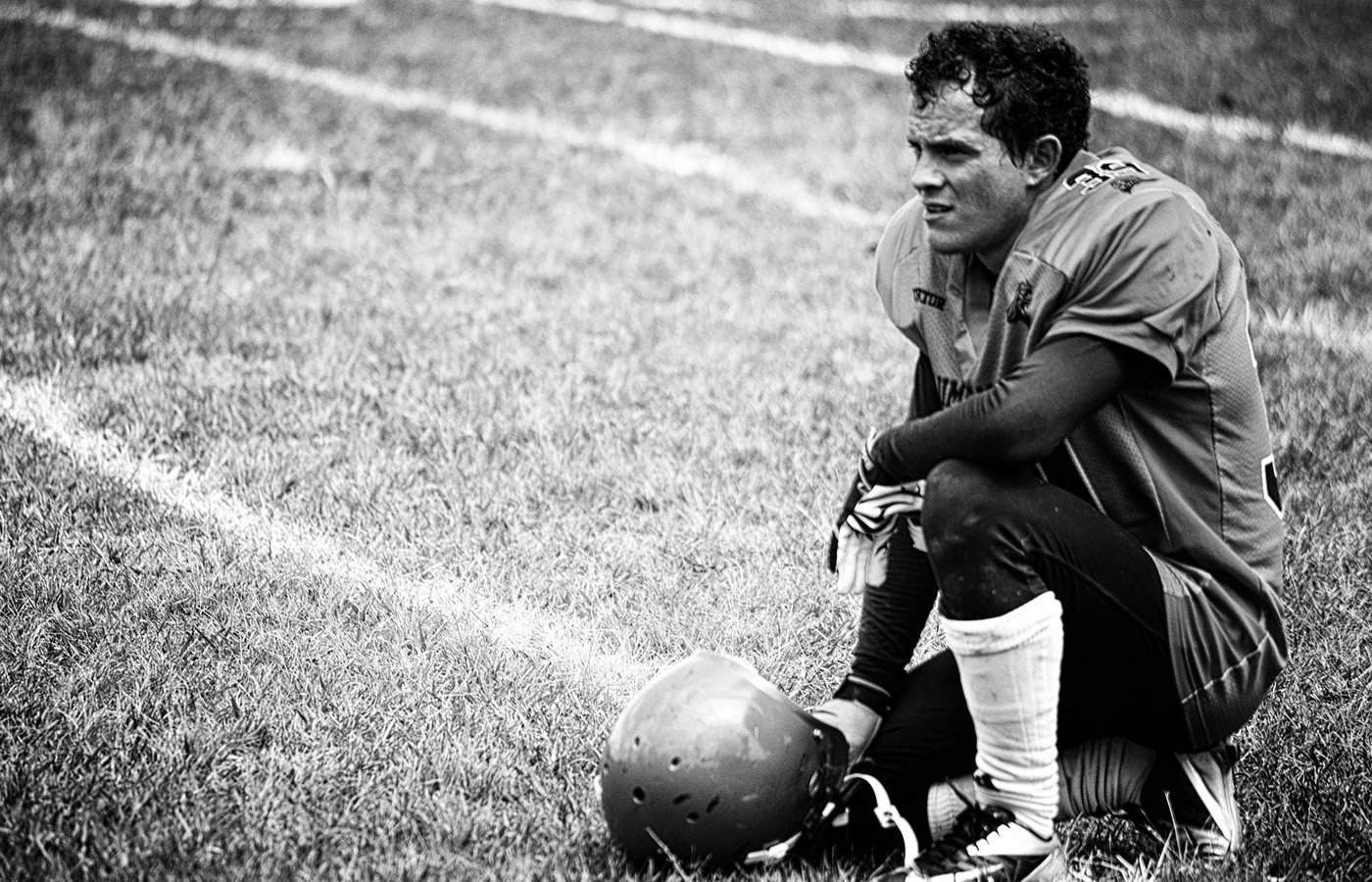When we talk about “fail fast, fail often” and “fail to success” and “those who fail the fastest win,” we aren’t talking about systemic failure (e.g. of life).
“Fail fast” and “fail forward” means: run small, measurable experiments and see what works.
For example: if I put salt in water, will it boil faster? Experiment: put two pots on two separate burners, each with an equal amount of water, each set to the same temperature. Put salt in one, and leave the other unsalted. Which one boils fastest? The one that lost “failed.”
That’s not personal failure. It’s running an experiment and seeing if it succeeds or fails.
Controlled experiments are how we best learn. If you’re not running experiments, documenting the results, and changing behaviors, tactics and strategies based on the outcomes, any learning you encounter is accidental at best and actually misleading and wrong at worst. To be successful, experiments have to be intentional, so that early experimental failures eliminate incorrect choices and thus reveal the right choice – the “needle in the haystack” in the end.
Edison failed 2,000 times to make a lightbulb, but those “experiments” were not random. They were controlled tests, eliminating possibilities until the one right choice remained.
It’s not enough to have an attitude of tolerating and accepting failure. We must have an attitude of intentional testing and experimentation.
[ecko_contrast]Pause and Reflect: Are you learning from your mistakes and failures?
For though the righteous fall seven times, they rise again, but the wicked stumble when calamity strikes. Proverbs 26:13
Think of several of your own failures. Were they just failures? Take some time to pray about those failures that you think are just a “blemish on your record.” How can you continue with some intentional testing and experimentation that will turn them to “lessons learned”? Write out a strategy and a plan to make something good out of it, and share it with a colleague.[/ecko_contrast]





